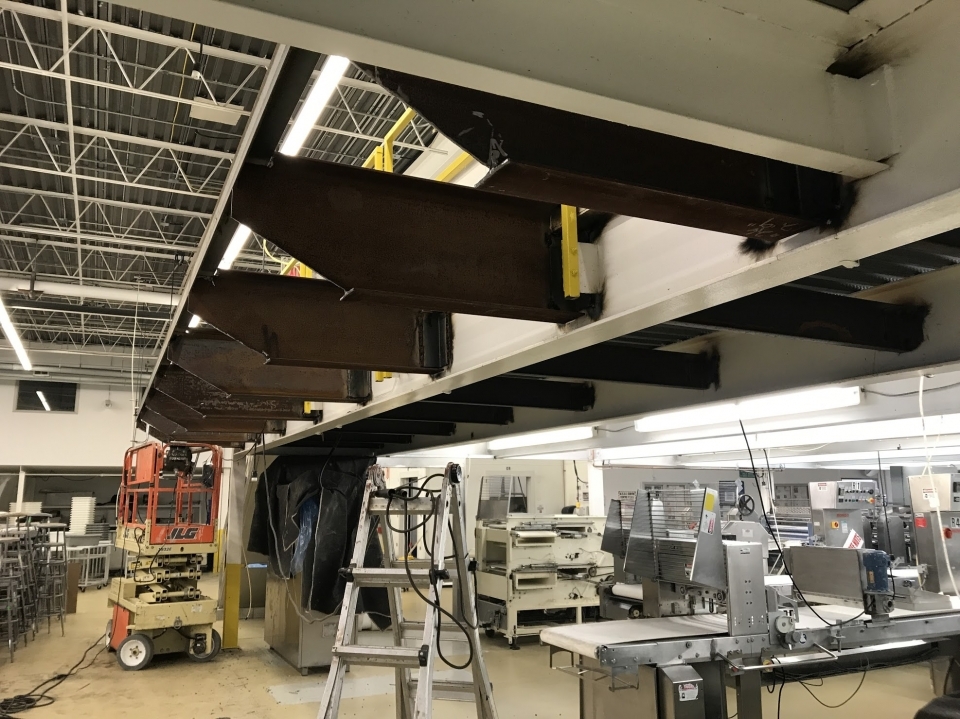
Digital transformation has engulfed almost any industry, and the metals industry is not an exception. Increased operational efficiency, insight in supply chains and remote process control - these are just a few benefits digital transformation has brought into the metals and metal fabrication industry.
The last twenty years has seen a number of digital changes which affected the industrial and manufacturing sector. The availability and accessibility of Industry 4.0 and industrial IoT has helped metal fabrication and manufacturing businesses to optimize their processes. Many processes, especially manual, are automated. These changes are implemented with the goal to improve operational efficiency for businesses. Reporting and analytics are also being implemented in the metal fabrication industry, helping business owners improve their decision making.
As digital transformation gains traction, more and more businesses are embracing it. And those who refuse to are losing their competitive advantage. Adjusting your business processes to allow room for the new technologies in an important step on the way to staying competitive on the market.
Additive manufacturing has dramatically changed the way metal fabrication companies work. Back in the day, it took days or even weeks to prototype a part or a product. With additive manufacturing technologies like 3D printing, prototyping takes much less time. Moreover, parts produced with 3D printing often boast higher quality.
Virtual reality and augmented reality have their application in the steel and metal fabrication industries. The technology is implemented in maintenance, training, design and operations, helping companies save costs.
Digital transformation has improved process monitoring by introducing industrial sensors as a new way of monitoring operations. Industrial sensors enable real-time equipment monitoring and proactive response to equipment issues, preventing downtime and increasing productivity.
When we think of digital transformation, we rarely associate it with the metals industry or metal fabrication in Toronto. Thus, we often think that digital technology is an unnecessary investment. However, this assumption is erroneous. Digital technologies are bound to change the way metal fabrication companies work, and that change is only going to bring benefits to the metal fabrication industry.